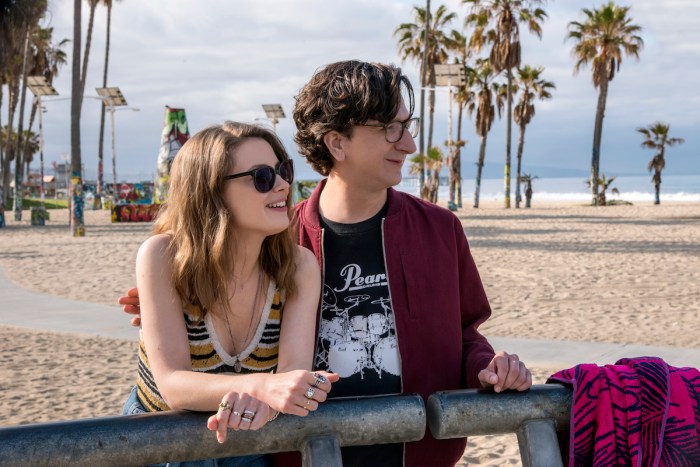The philosophy behind Music & Memory, a nonprofit that facilitates personalized playlists for elderly residents in more than 3,000 assisted living facilities worldwide, is pretty universal. “We all know when we’re listening to music that we love, we’re in a better mood,” says Dan Cohen, who founded the program in 2010. “And so, it’s taking that concept and applying it to people who have lost the ability — have lost access to their music.” While the program has improved the mood and well-being of many elderly residents, it has proven life-changing for patients suffering from dementia and Alzheimer’s. A viral clip from “Alive Inside,”a documentary about Music & Memory that won the 2014 Sundance Audience Award, shows how Henry, an elderly patient with dementia who had been rendered all but mute, completely transforms when he listens to his favorite songs. We spoke with Cohen, whose background is in social work, about the benefits of the program and why everyone should have their own playlist.
What motivated you to found Music & Memory?
In 2006, I was listening to a journalist on the radio talking about how everybody’s got iPods, and I thought, well, that’s not really totally true. Young people all might have them, and a lot of us adults, but in any kind of nursing home or health care facility, that did not seem accurate. So I googled “iPods and nursing homes.” In the US, there’s 16,000 nursing homes and I couldn’t find one that’s giving their people music on an iPod. I live on Long Island. I called up a nearby nursing home, A. Holly Patterson, and said, “I know music is already your No. 1 recreational activity, but can we see if there’s any added value if we were to totally personalize the music?” They said sure. I came in with my laptop and three iPods, and it was just an instant hit among the residents of that home. How are the playlists created for the patients?
If someone said they loved Frank Sinatra, I would not just give them a hundred Frank Sinatra songs — it might just be “New York, New York” they love. I’d find out which they really love, and then over time hone the list, take off stuff that’s just so-so. So after two or three months, every song would be songs that really resonated with them. Every [participating] nursing home has an iTunes library and they generate the playlists for each person through that. We don’t use streaming services because they require a more expensive internet-enabled device. And not a lot of nursing homes have wifi, believe it or not. How do the personalized playlists benefit the elderly, with or without dementia?
For people with some form of dementia, when they’re in the more advanced form of the disease, they maybe can’t recognize family members, they may no longer be able to communicate. But when they hear music from their youth, it connects with their emotional system, which is still very much intact. So that’s a big benefit. It keeps people in touch with who they are and their identity, and it improves their mood; it helps relax them, which in turn helps reduce the use of antipsychotic medicines. One out of five people in a nursing home is on an antipsychotic. We can get people their music and take them off these drugs. But the music is not the end goal. At first, I thought great, get people their music! But it turns out that people become more social. They say, “Oh you gotta hear this song!” This reminds me of when I met my husband. Or, “You’re about my age, remember the Andrews sisters?” They’re interacting more. It makes it easier for when family visits, and for staff interaction, volunteers. How can folks help their loved ones by bringing them music, even before it’s time for them to enter a home?
My thing is, everybody should have their own playlist. The goal is to get it all in one place. The issue is when people come to a nursing home and they have advanced dementia, we say, what music do they like? But they can’t tell us. So then we go to their family, but half the people in nursing homes never ever get a visitor. We’re recommending that all of the elders in your family, if they’re home and healthy, give them their music so they can enjoy it now, and then, should they have to enter into the health care system at any point, the hospital or assisted living, that music travels with them and that will improve their experience. Have that ready to go.We have afree guidefor how to create a personalized playlist for your loved one. The important thing is: There is no downside to this. Worst case scenario, it doesn’t work. They turn [the music] off. Best case is, you’ve just improved someone’s life for the rest of their life.
Music & Memory keeps older folks grooving to their favorite tunes
To learn more about the program, visit musicandmemory.org




















